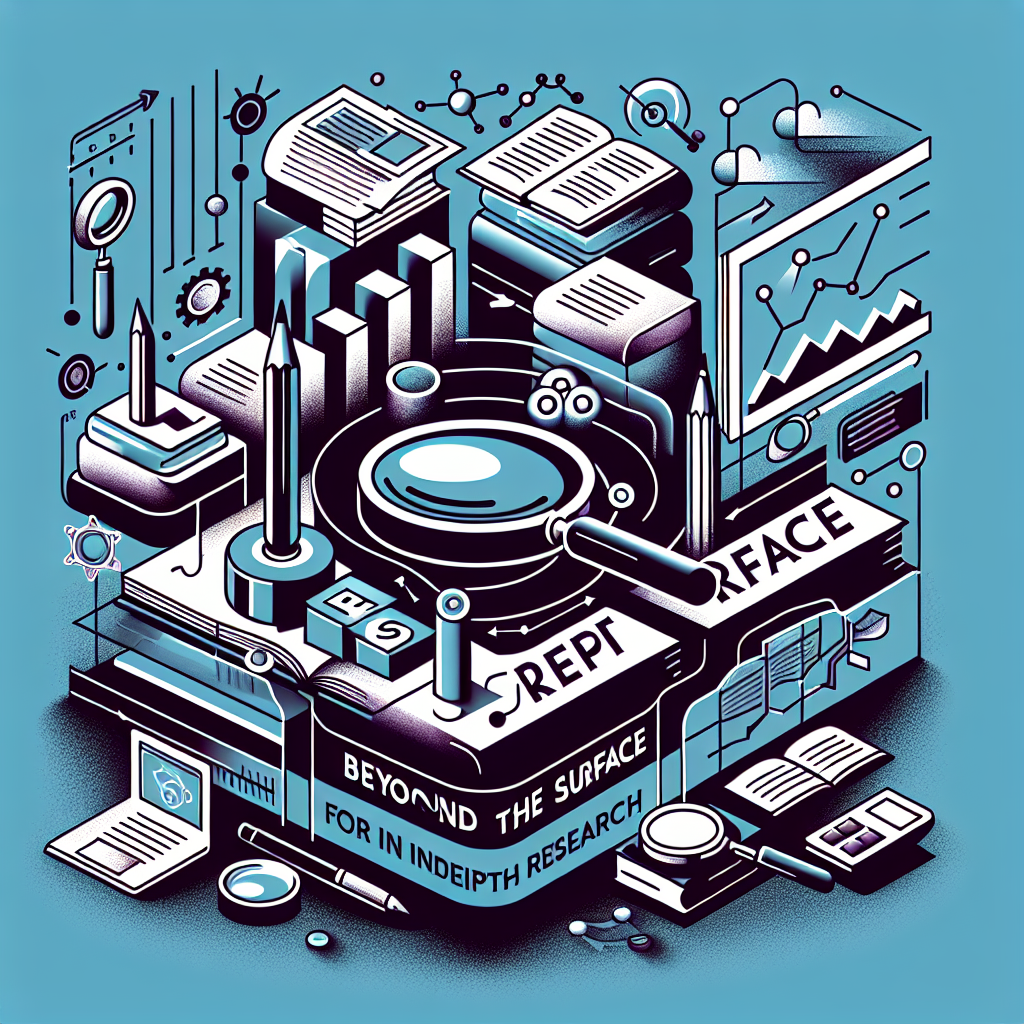
In the fast-paced digital age, information is more accessible than ever. However, navigating the vast sea of data can be overwhelming, especially for researchers, analysts, and content creators seeking depth and accuracy. For many, tools like DeepSeek have emerged as go-to resources for comprehensive online research. Yet, as with any technology, alternatives exist that can offer unique features, advantages, and approaches to in-depth research. In this article, we will explore some of the best alternatives to DeepSeek that stand out in their ability to facilitate thorough, nuanced investigations.
1. Zotero
Zotero is a powerful, free tool designed specifically for researchers. It acts as a reference management software, allowing users to collect, organize, cite, and share research material with ease. With its user-friendly interface and browser integration, Zotero enables you to save articles, webpages, and PDFs directly from your browser. Its ability to create bibliographies and citations in various styles makes it indispensable for academic research. Moreover, the collaborative features allow teams to share research libraries, making Zotero an excellent choice for group projects.
2. Mendeley
Mendeley is another popular reference manager that doubles as an academic social network. Like Zotero, it helps users organize research, generate citations, and manage PDFs. One of Mendeley’s standout features is its ability to connect researchers with others in their field, fostering collaboration and knowledge sharing. The platform’s powerful search and recommendation features help you discover relevant papers and articles, enhancing your research experience. Mendeley also offers cloud storage options, ensuring that your documents are available across devices.
3. Scrivener
For those engaged in extensive writing projects, Scrivener is a fantastic alternative. While not strictly a research tool, Scrivener’s organizational capabilities allow researchers to compile and structure their notes, articles, and sources effectively. Its corkboard feature enables users to visualize their research, and the ability to create folders and documents for different chapters or sections makes it easy to manage large projects. Scrivener’s integration with citation management software further enhances its utility for academic writing.
4. Evernote
Evernote is a versatile note-taking application that can be a powerful ally in the research process. Researchers can capture web clippings, images, and notes, all organized in notebooks. Its robust tagging system makes it easy to categorize and retrieve information. Evernote’s web clipper extension is particularly useful for saving articles and research material in various formats, and its search capabilities include text within images, enhancing your ability to find information quickly.
5. Notion
Notion has grown rapidly in popularity thanks to its all-in-one workspace capabilities. It allows users to create databases, pages, and wikis, facilitating a highly customizable research environment. Notion’s collaborative features make it ideal for group research projects, enabling teams to work together in real time. Users can embed links, notes, images, and more, turning a research project into an interactive and organized experience. The flexibility of Notion encourages creativity in how researchers structure and present their findings.
6. EndNote
EndNote is a long-standing player in the reference management arena, especially favored in academic institutions. It offers advanced reference organization, powerful search capabilities, and numerous citation styles. EndNote also integrates with various databases, simplifying the process of importing references. With collaboration tools that allow multiple users to work on a project, it’s an excellent choice for researchers engaged in large-scale studies or multi-author publications.
7. Google Scholar
While not a standalone research tool, Google Scholar is invaluable for in-depth investigation. It provides access to a broad spectrum of scholarly articles, theses, and patents across various disciplines. Researchers can easily search for basic or advanced topics and track citations of papers, which can lead to discovering additional sources. Google Scholar’s ease of use and extensive database make it a favorite for academic inquiries.
Conclusion
Navigating the complexities of research requires tools that not only simplify the process but also enrich the quality of output. While DeepSeek remains a valuable resource for in-depth research, the alternatives listed provide diverse functionalities catering to various aspects of the research process. From reference management to note-taking and collaboration, choices like Zotero, Mendeley, Scrivener, Evernote, Notion, EndNote, and Google Scholar offer unique benefits that can help researchers dive deeper into subject matter and produce quality scholarly work. By exploring these tools, you can elevate your research game and find the perfect fit for your needs.





